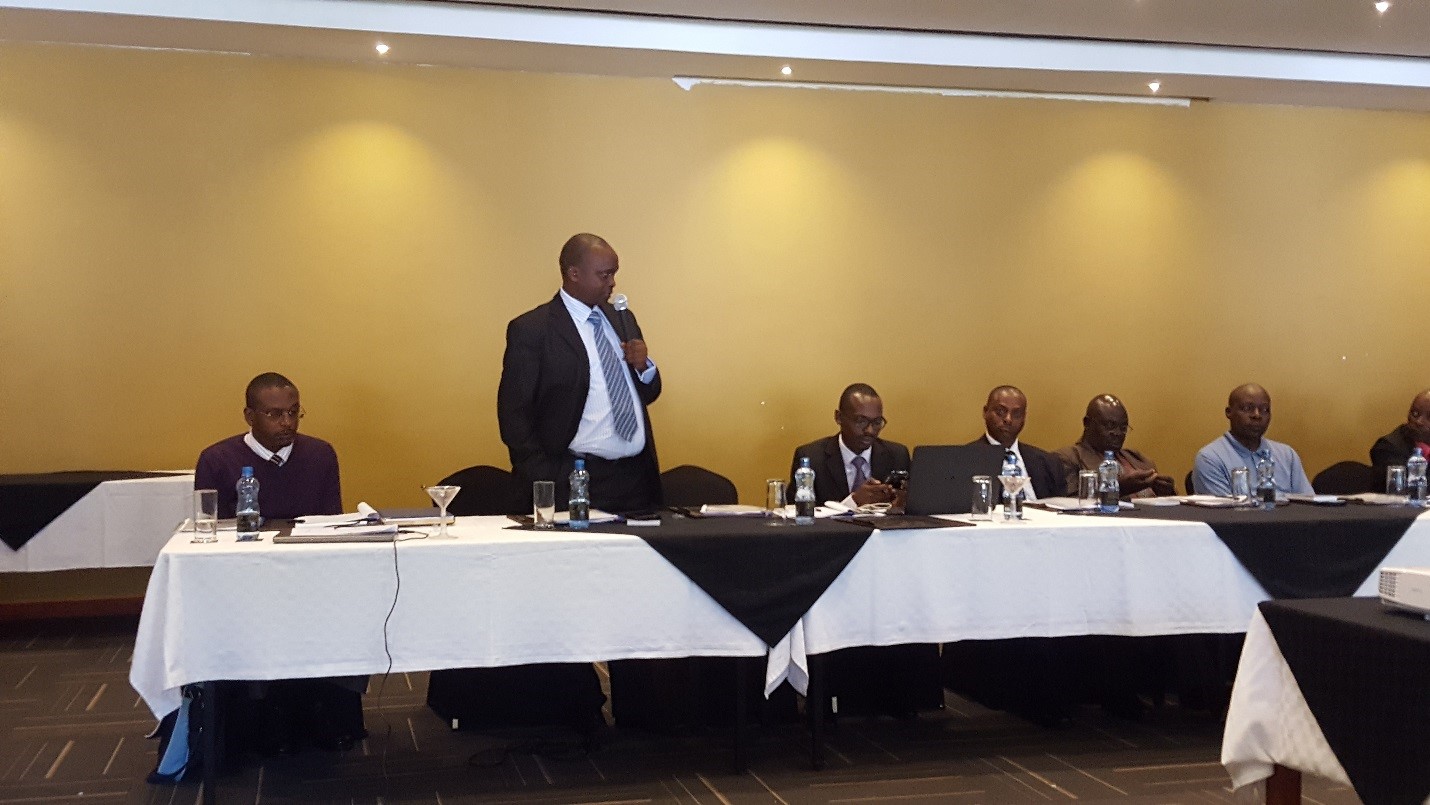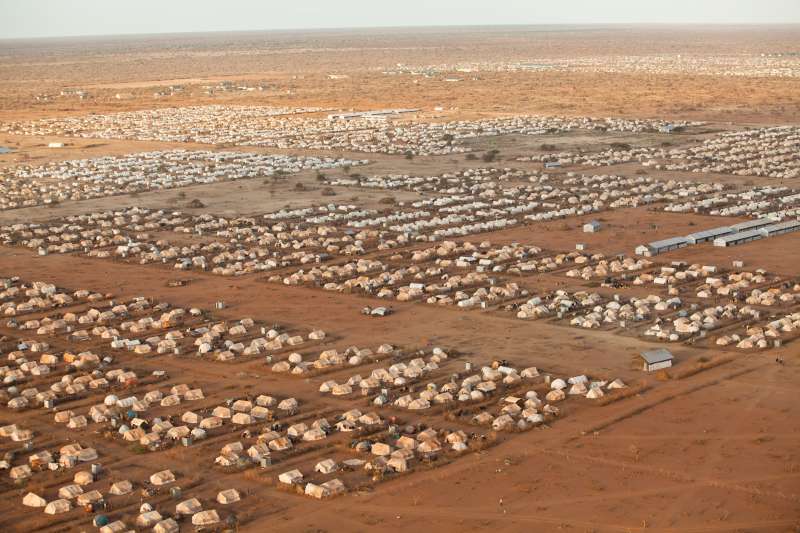ICJ Kenya recently trained law enforcement officers drawn from all over the country on the critical issue of human rights standards and practice for police during arrest and pretrial detention.
The Constitution of Kenya 2010 and various regional and international legal instruments require that human rights be respected, protected, fulfilled, and promoted by the state as well individuals. Law enforcement officers are primary duty bearers tasked with ensuring that human rights are not violated and are equally bound to observe the rule of law and respect for human rights.
Law enforcement officers are expected to carry out their work in a way that does not rely on fear and raw power, but instead on regard for the law, honour and professionalism. When law enforcement officers are seen to respect, uphold and defend human rights, public confidence is built. The officers are then seen as part of the community, performing a valuable social function.
In order to promote respect for human rights outlined in the Constitution, the need to train law enforcement officers to the highest possible standards of competence becomes necessary. For this, understanding the legal and constitutional framework is key to better understanding your conduct as a police officer.
The discussions stressed the need for the image of police officers to change, and to affect public perception police officers must improve sensitivity to the public, their actions through interrogations and arrests, and move away from methods of intimidation. Such efforts will help rebuild trust in the service and maintain a respect for human rights in their conduct.
Addressing the participants Mr. Samuel Mohochi, Executive Director, ICJ Kenya said that this was not the first time ICJ Kenya interacted with police officers. However, he stressed the importance of this particular training stressing that it provided a platform for experiential learning, particularly with the attendance of police officers of different ranks. The meeting provided a platform to share experiences and challenges relating to work.
These kinds of forums, he continued, give the police service as an institution, platforms to further articulate its mission but also gives people the opportunity to appreciate emerging trends. For instance, criminal trials where confessions were produced began seeing a trend. The persons confessing would often turn around and say they did not confess. This introduced trials within trials. Then in 2003, with a criminal law amendment the new system of obtaining confessions was created. The law changed to address the issue of torture. People had been saying that they had confessed due to coercion, physical violence, etc.
The workshop also addressed the issue of the rights of police officers. There have been instances where police officers have been subject to criminal trials – and their line of defense would often be that they were complying with lawful orders. ICJ Kenya presents a forum such issues are openly and candidly discussed. The officers were trained on how to comply with human rights standards relating to suspects, arrests, and also how to engage the public.
ICJ Kenya in line with its mandate of promoting human rights and the rule of law, commissioned a research in 2014 to establish the extent to which county law enforcement agencies conformed with established practices and human rights standards when dealing with petty offences. The research also sought to examine the extent to which the current enforcement practices impact on pre-trial detention, and contribute to overall prison overcrowding in the country. The research findings revealed, among others, low levels of awareness of human rights standards amongst law enforcement officers, and recommended sensitization of law enforcement officers on human rights standards during arrests and pre-trial detention.
To achieve this, ICJ Kenya developed in-house Guidelines on Human Rights Standards during Arrest and Pre-trial Detention. These guidelines were informed by the African Union Guidelines on the Conditions of Arrest, Police Custody and Pretrial Detention in Africa (Luanda Guidelines), the United Nations High Commissioner for Human Rights Standards and Practice for the Police (UNCHR Guidelines), the United Nations Standard Minimum Rules for the Treatment of Prisoners (Mandela Rules), and the United Nations Standard Minimum Rules for Non-Custodial Measures (Tokyo Rules).
Although the research was in respect of enforcement of county laws, human rights standards outlined in the body of international principles and constitutional standards, provide useful guides to criminal justice practitioners, including the police and prisons. The guidelines contribute to the growing movement to advance pretrial justice, recognizing that improvements at the entry point to the criminal justice system positively impact throughout the trial and post-trial stages.










